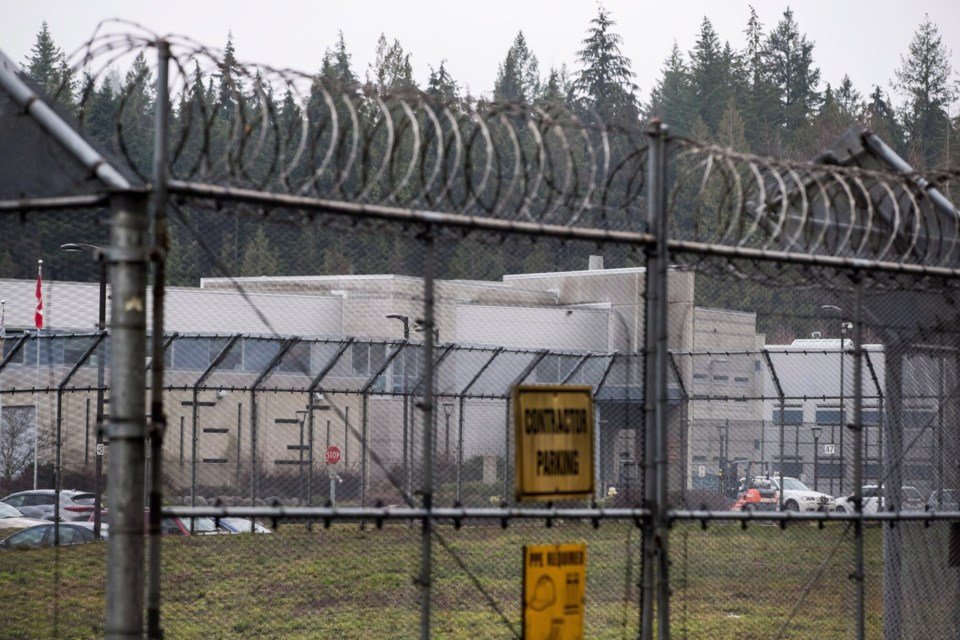A proposed class-action settlement over the use of solitary confinement in British Columbia’s correctional system could see the province pay up to $60 million in compensation. The settlement still needs final approval from the B.C. Supreme Court.
On Saturday, the law firm Proactio announced that eligible individuals could receive up to $91,000, depending on how long they were kept in solitary and their mental health status at the time.
The lawsuit claims that the B.C. government harmed inmates by placing them in solitary confinement for long periods. It says this caused serious emotional, physical, and mental suffering.
The class includes people who were jailed after April 18, 2005, and kept in solitary confinement for at least 15 straight days. It also covers those who had known or suspected mental illnesses when isolated.
In a written statement, the Ministry of Attorney General confirmed that the province supports the proposed deal. The ministry said it wants to avoid a long, costly legal process. It also stated that the government has learned from similar cases in other provinces.
The original lawsuit was filed in November 2018. It has not yet been tested in court.
According to the civil claim, inmates placed in solitary were kept in cells for more than 22 hours a day. They had almost no contact with other people. The claim argues that this treatment was cruel and degrading, especially when used on people with mental health issues.
The lead plaintiff in the case was diagnosed with borderline and antisocial personality disorders. He spent time in both solitary and segregation at the Prince George Regional Correctional Centre. The lawsuit says he and other prisoners suffered severe effects from the isolation.
These effects included depression, hallucinations, paranoia, insomnia, self-harm, weight loss, and trouble knowing what was real. For many, the confinement worsened pre-existing mental and physical health problems.
The lawsuit argues that the government had a duty to treat prisoners with proper care. It says the province failed to meet legal and moral standards under Canadian and international law.
Saturday’s public notice marks the first step in getting the court to approve the deal. The Attorney General’s office noted that the settlement is not final. The court will decide if the proposed deal is fair.
A hearing is set for October 22, where the court will review the terms. Class members have until September 2 to show support or raise objections.
Those placed in solitary after December 22, 2020, can choose to opt out of the settlement by September 2. Doing so means they won’t get money from the deal but can still file their own lawsuit.
If the court approves the settlement, class members will be able to submit claims for compensation. Proactio has been chosen to manage the process. Two law firms, Koskie Minsky LLP and McEwan Partners LLP, have been appointed as class counsel.
The proposed settlement could mark a major step toward justice for people who say they suffered due to B.C.’s solitary confinement practices.

